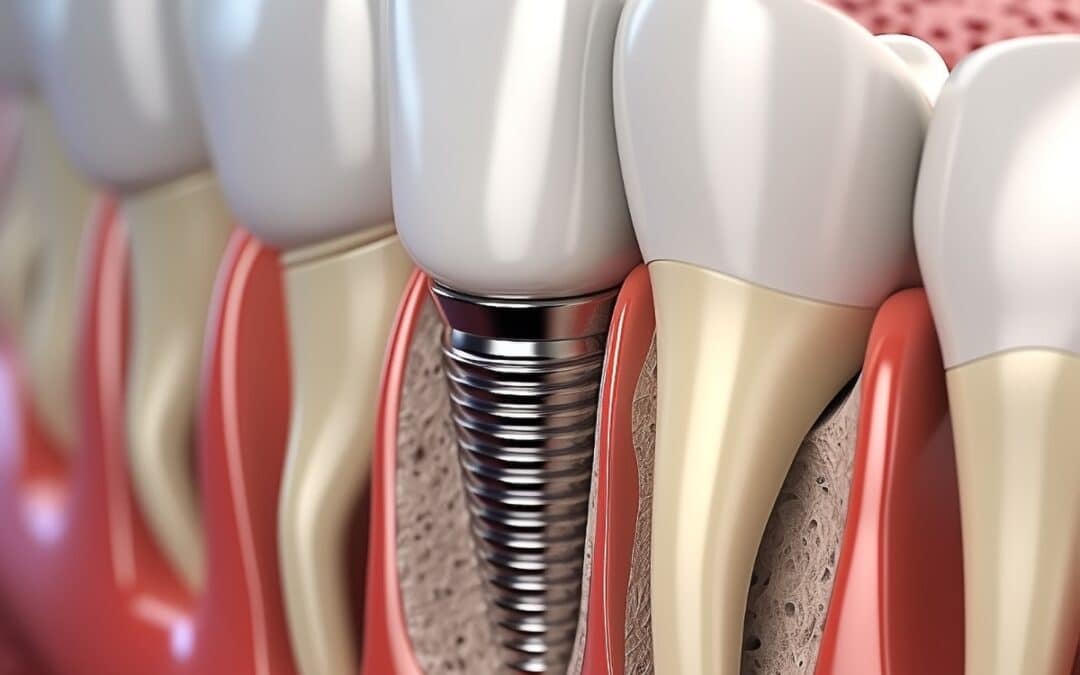Dental implants are a popular, long-term solution for missing teeth—but they’re not suitable for everyone. Certain health conditions, medications, and lifestyle factors can significantly affect your ability to heal properly and the success rate of implant treatment.
In this article, we’ll explore five common reasons why some people may not be good candidates for dental implants, helping you better understand your options and what to discuss with your dentist before committing to surgery.
1. Gum Disease (Periodontal Disease)
Healthy gums are a non-negotiable requirement for dental implants. If you have active gum disease, your gums may not be able to support the implant or heal properly after surgery.
Why Gum Health Matters
-
Implant Stability: Inflammation and infection in the gums can compromise the implant’s integration with the jawbone.
-
Ongoing Risk: Even if an implant is placed successfully, untreated gum disease can lead to peri-implantitis, a condition that may cause implant failure.
Tip: Treat any periodontal issues before undergoing implant surgery, and maintain strong oral hygiene to prevent future problems.
2. Low Bone Density
Dental implants need a stable foundation—your jawbone. If you’ve experienced bone loss due to missing teeth, age, or gum disease, you may not have enough bone to support an implant securely.
Signs You May Have Bone Loss
-
Your dentist mentions bone resorption in X-rays
-
You’ve been missing teeth for an extended period
-
You wear removable dentures and notice a change in fit
Tip: If bone density is low, bone grafting or other surgical enhancements might be recommended—but not all patients are candidates for these procedures.
3. Uncontrolled Diabetes
Diabetes, especially if poorly managed, can impair healing and increase the risk of infection—both of which are major concerns with implant surgery.
How Diabetes Affects Implants
-
Slower healing and increased inflammation
-
Greater susceptibility to infection post-surgery
-
Increased risk of implant failure due to poor osseointegration
Tip: If you’re diabetic, maintain strong glycemic control and discuss your full medical history with your dentist or implant specialist.
4. Lifestyle Factors (Smoking, Alcohol, Bruxism)
Daily habits can have a big impact on the success of a dental implant. Smoking, excessive alcohol consumption, and even teeth grinding (bruxism) are all risk factors.
Risky Lifestyle Habits
-
Smoking: Reduces blood flow and impairs healing, with studies showing a failure rate of up to 20% in smokers.
-
Alcohol: Can affect bone regeneration and interfere with medications.
-
Teeth Grinding: Puts constant pressure on the implant, risking damage or loosening.
Tip: Reduce or eliminate these habits before and after implant placement to protect your investment and health.
5. Certain Medications and Medical Conditions
Some medications and chronic conditions can interfere with healing, increase bleeding risk, or affect how your bones respond to surgery.
Key Medical Considerations
-
Bisphosphonates (osteoporosis treatment): May hinder bone healing
-
Immunosuppressants: Can weaken your immune response post-surgery
-
Blood thinners: May increase bleeding risks during and after surgery
Tip: Always provide your dentist with a full list of current medications and discuss any chronic health concerns before considering implants.
If any of these factors apply to you, don’t worry—there are still other tooth replacement options available. At Choice Dental, we take the time to evaluate your full health profile and guide you toward the most suitable treatment for your needs. Reach out today for a personalised consultation and explore your best path forward.












